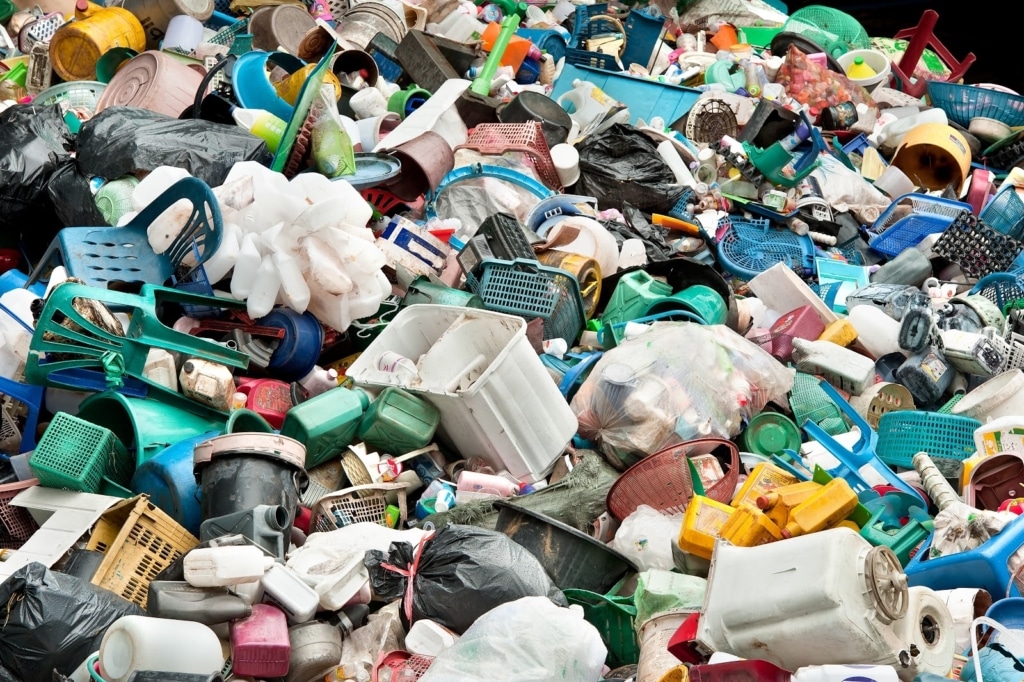Why was Asbestos So Popular in Construction?
It sounds absurd to us now, in the full knowledge of the harm asbestos can do, to think that anyone …

As of the last update in January 2022, the UK produced around 220-230 million tonnes of waste annually, but this figure can fluctuate from year to year due to various factors such as changes in consumption habits, policy measures, and economic activity.
The types of waste generated can be broadly categorized as:
The UK has made efforts to reduce the amount of waste going to landfill by increasing recycling and composting rates. As of 2022, recycling rates for household waste in the UK were around 45%, but the aim has been to increase this further.
Different parts of the UK also have their own waste management strategies. For instance, Scotland, Wales, and Northern Ireland have their own targets and policies, often aiming for even higher rates of recycling and waste diversion from landfill.
It’s also worth noting that waste statistics and management practices might have changed after 2022, so it would be good to refer to the latest publications from the UK’s environmental agencies or relevant governmental departments for the most up-to-date figures and strategies.
It sounds absurd to us now, in the full knowledge of the harm asbestos can do, to think that anyone …
House clearance can be a daunting task, especially if you’re dealing with a lifetime’s worth of possessions. Whether you’re decluttering, …
Here we will explore how expensive house clearances can be in the UK and ways that you can keep the …